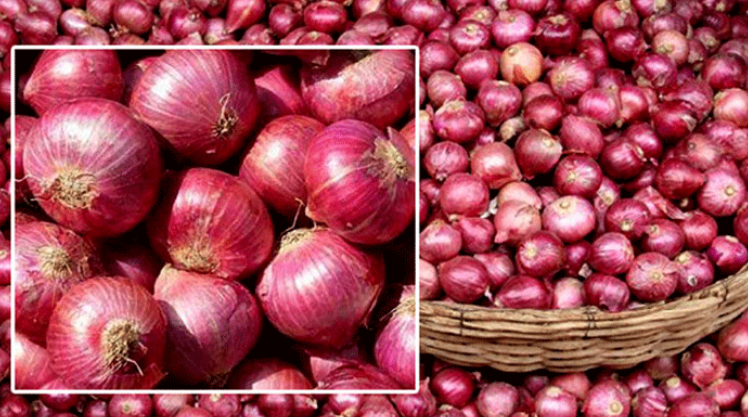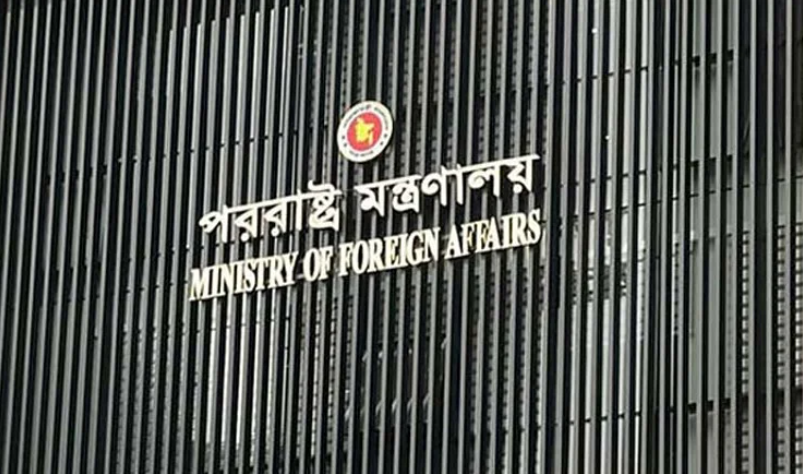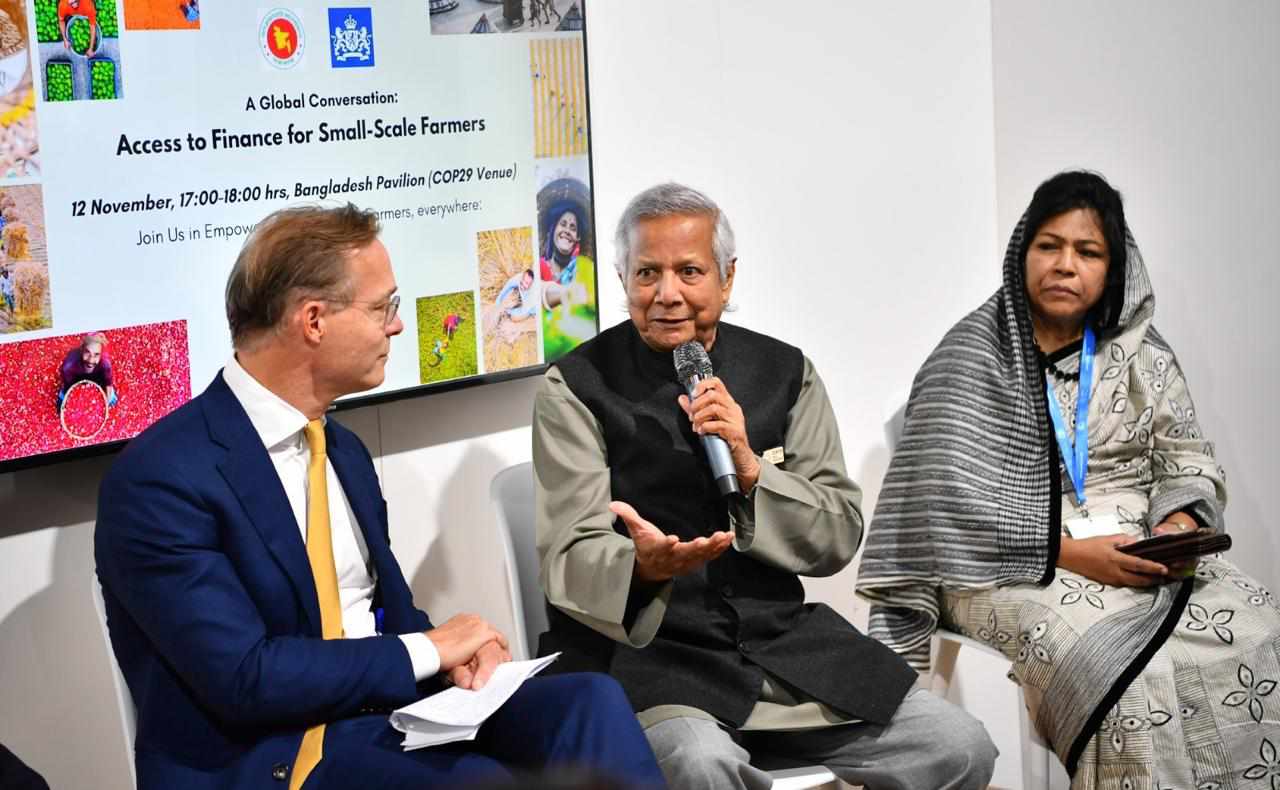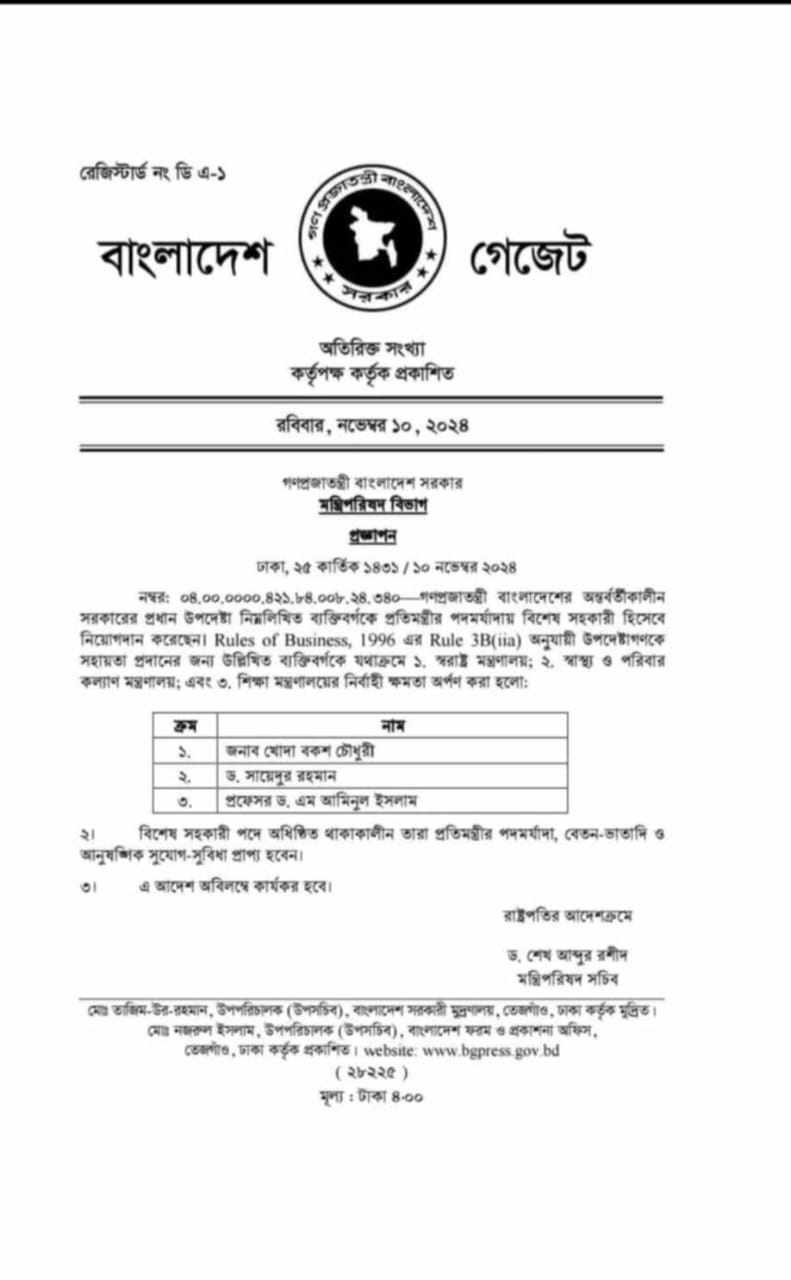Dhaka
Thursday, 14 November, 2024
- Dhaka, Thursday, 14 November, 2024

Dhaka, Bangladesh Global: Despite the government reducing import duty on onions to zero, prices remain volatile, reportedly controlled by border importers through mobile phone coordination.
Wholesalers at Khatunganj market in Chattogram report that prices are dictated from the border on an hourly basis, preventing local price stability until this control is curbed.
Industry experts suspect a syndicate among Khatunganj wholesalers is also driving the volatility, attributing the ongoing price instability to both border importers and wholesale groups.
To lower onion costs, the National Board of Revenue (NBR) recently removed the 10% duty and regulatory tax on imports, a move prompted by falling local supplies as the year ends, which has spiked prices in recent weeks.
On Wednesday, Indian onions sold for BDT 108 per kg in Khatunganj’s wholesale market, with retail prices even higher. Despite the zero-duty policy, price control remains elusive.
Onion varieties from Pakistan and Egypt are also available, priced around BDT 70–75 per kg, but no locally grown onions are currently in the market.
Insiders point out that commission-based trading enables price manipulation, as all supplies are handled by border importers without local involvement.
Faiz Ullah, Deputy Director of the National Consumer Rights Protection Department in Chattogram, emphasized the need to address this issue: “Commission trading creates significant room for price manipulation. Ending this practice is essential to control prices”.
According to the Department of Agricultural Extension, locally grown onions are expected to arrive by mid-February. Chattogram’s onion farming is limited to about 78 hectares, with challenging weather preventing expansion, says Omar Faruk, Additional Director of the department in Chattogram.
Bangladesh Global/JS
Stay tuned for latest news and updates bangladeshglobal.com Log in to get breaking news and hot topics of the day:www.bangladeshglobal.com

































































